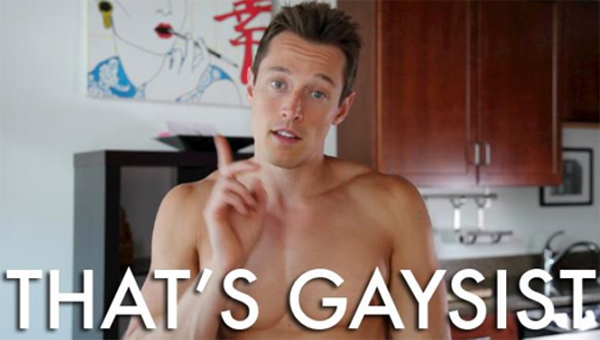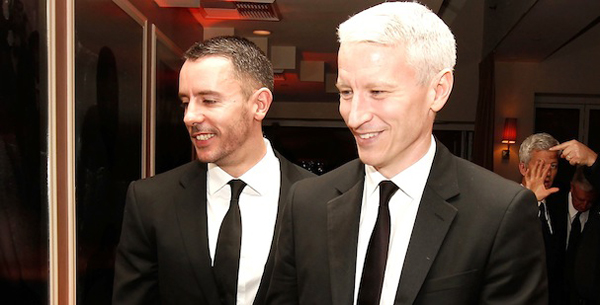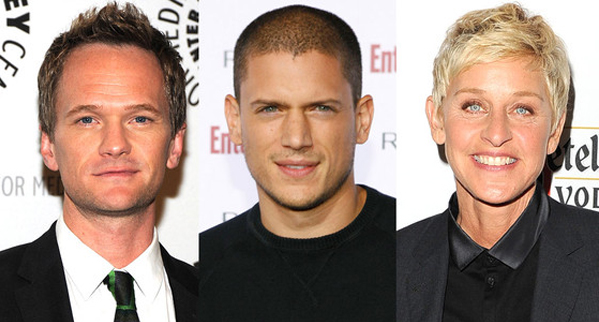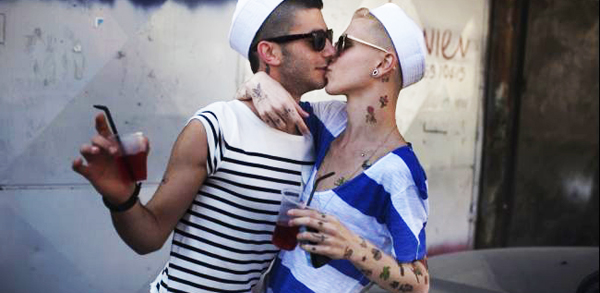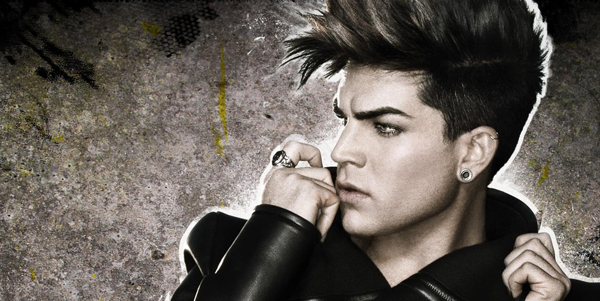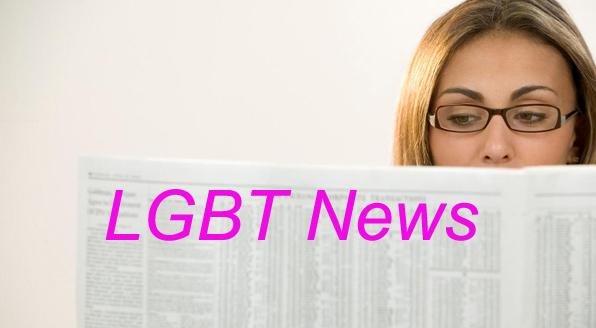Ivy League Schools Say Do Ask, Do Tell, to Gay Students

When students like 18-year-old David Kamins were in high school, they were a dime a dozen at the nation’s top schools: impossibly high GPA and SAT scores, leadership positions in extracurricular activities, well-written essays, great recommendations from his teachers and guidance counselors. But the lanky, dark-haired Kamins had an unlikely ace in the hole when it came to getting into elite universities: He’s gay.
While years ago it may have been traumatic to announce one’s coming-out before leaving High School, Kamins, tells Details.com about a new movement sending Ivy League recruiters after the LGBT community.
“In some students’ cases sexual orientation can weigh in the admissions committee’s decision, depending on how much the student tries to disclose and how much is appropriate,” says Irena Smith, a private college consultant in Palo Alto, California. “But I think a student’s orientation would also need to feed into something either like a really strong sense of self-awareness or a willingness to organize politically and socially and form a support group or start a gay-straight alliance. I think admissions officers are more savvy than to just say, ‘Here’s an LGBT kid—we don’t have enough of those.’ “
This month’s incoming freshman class is the first for which Penn identified and reached out to the 40 or so accepted high-school seniors who indicated on their applications that they were either gay or an “ally” to encourage them to attend—an initiative that was officially undertaken at just one other school, Dartmouth.
Read how specifying your sexual orientation on your admissions essay may give you the upper hand in the Ivy admission process. It’s more important than you may have thought.
